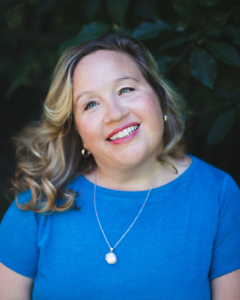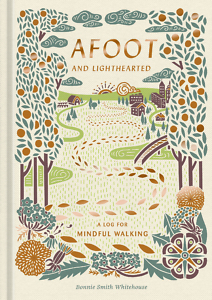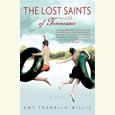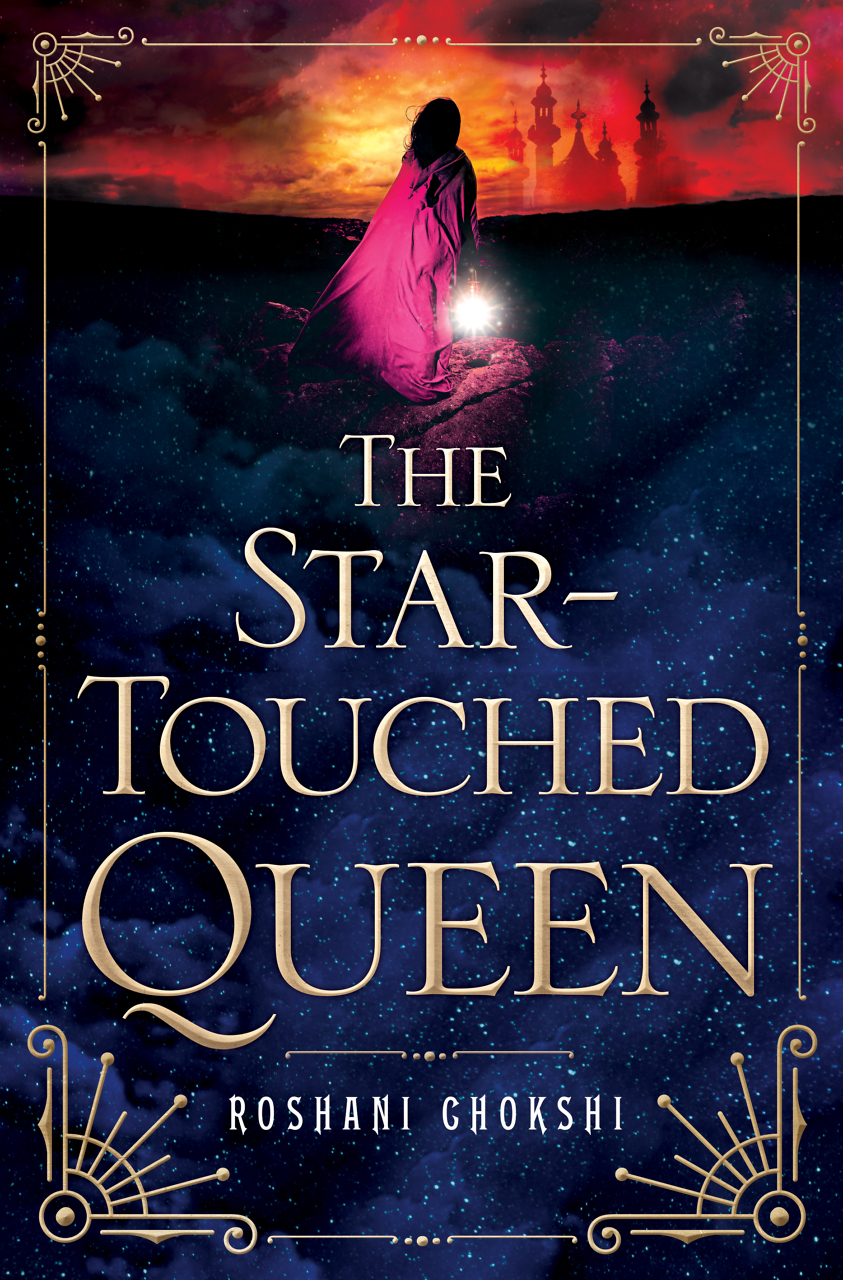To Take Feet to Ground
Afoot and Lighthearted by Bonnie Smith Whitehouse is a delightful guide to walking, writing, and well-being
Bonnie Smith Whitehouse is an English professor at Nashville’s Belmont University, where she also teaches an interdisciplinary course on walking, writing, and well-being. Her beautiful new book, Afoot and Lighthearted: A Journal for Mindful Walking, is the fruit of that teaching experience. It’s also an obvious labor of love. “For many years,” she writes, “I have wondered how, in the frantic pace of this age we call our time, I might keep my focus on what nourishes me.” The answer she found was both simple and hard: “I had to disrupt habits that neither fed nor sustained me by radically and literally walking away from them.”
 This exquisitely designed and produced volume feels good in the hands and lifts the heart with its cheerful folk-art illustrations and quotations from noteworthy walkers. Thoughtful, well-written prompts encourage the reader to move, to notice, to consider, and to create. The book includes lots of blank pages for writing and drawing, as well as a list of suggested resources for further reading.
This exquisitely designed and produced volume feels good in the hands and lifts the heart with its cheerful folk-art illustrations and quotations from noteworthy walkers. Thoughtful, well-written prompts encourage the reader to move, to notice, to consider, and to create. The book includes lots of blank pages for writing and drawing, as well as a list of suggested resources for further reading.
“This is an interactive journal,” Whitehouse writes, “a book you are meant to carry with you and write in by hand. The only equipment you will need is your shoes and your pen.” To aid your journey, the author has divided the book according to six themes: a sense of place, well-being, attention, exploration, devotion, and transcendence. Each section features creative exercises designed to promote awareness (both exterior and interior), increase health and vitality, and unleash the imagination.
Whitehouse is especially interested in movement as a boost to creativity: “To take feet to ground is to take a brush to canvas. To take one step and then another is to compose the opening drum line. To take a walk is to discover enough clarity to create here, on this day. If you want to create, don’t simply sit at a table or touch the screen—take a step out onto the earth.” Exercises designed to feed the imagination include “Walk After Lunch Like Beethoven” and “Thoreau’s Pathways.” Aids to both physical and mental health are provided in “You, Embodied” and the much-needed “Tech Sabbath.” “The Art of Sauntering” and “Walking the Labyrinth” suggest spiritual pathways. Each exercise is brief and customizable. Readers can choose the ideas that speak to them and then open their minds while moving their feet.
 Whitehouse quotes statistics on the health benefits of walking and gathers wisdom and advice from a wide-ranging assortment of writers, musicians, poets, philosophers, naturalists, dreamers, change-makers, and theologians. From Wendell Berry to Harriet Tubman, Bruce Springsteen to Annie Dillard, Rachel Carson to Albert Einstein, Mary Oliver to Nelson Mandela, readers will find words to enlighten, challenge, and inspire.
Whitehouse quotes statistics on the health benefits of walking and gathers wisdom and advice from a wide-ranging assortment of writers, musicians, poets, philosophers, naturalists, dreamers, change-makers, and theologians. From Wendell Berry to Harriet Tubman, Bruce Springsteen to Annie Dillard, Rachel Carson to Albert Einstein, Mary Oliver to Nelson Mandela, readers will find words to enlighten, challenge, and inspire.
The book’s title is a nod to Walt Whitman’s celebrated 1856 poem, “Song of the Open Road.”
“Afoot and light-hearted I take to the open road,
Healthy, free, the world before me,
The long brown path before me leading wherever I choose.”
Other famous walkers mentioned here include John Lewis, Thich Nhat Hanh, John Muir, and St. Francis of Assisi. A lesser-known practitioner is Mildred Lisette Norman Ryder, the “Peace Pilgrim,” who began a journey across North America in 1938 and continued to walk for more than 25,000 miles, determined to “remain a wanderer until mankind has learned the way of peace.” Another is Emma Gatewood, who began to hike the Appalachian Trail in 1955 when she was sixty-seven years old. “Grandma Gatewood” was the first woman to complete the trail alone. She did it two more times for good measure.
Luckily, a similar commitment of time and energy is not required to enjoy this lovely little handbook. Whitehouse reminds us that the act of walking is simple, but its effects can be profound—and likely more beneficial than we realize: “Walking is willingly showing up for the world, exploring in spite of fears, and being present in spite of a never-ending cavalcade of distractions that await us. May we all show up for this magnificent world and its inhabitants as we walk, kissing the very earth with our footsteps.”

A graduate of Auburn University, Tina Chambers has worked as a technical editor at an engineering firm and as an editorial assistant at Peachtree Publishers, where she worked on books by Erskine Caldwell, Will Campbell, and Ferrol Sams, to name a few. She lives in Chattanooga.


